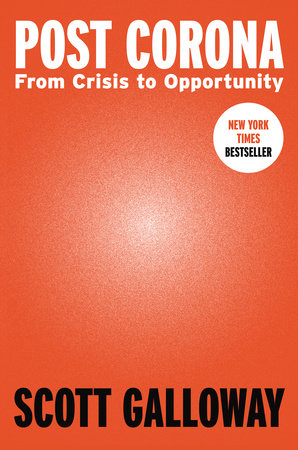The Plague Cycle. The Unending War Between Humanity and Infectious Disease
Take away conclusion:
In the Bible’s Book of Revelations, the Four Horsemen of the Apocalypse are sent forth to “kill with sword and with famine and with pestilence and by wild beasts,” and carry off a quarter of the earth. The identities of the horsemen are a matter of some debate: the fevered poetry is hard to decipher. While the Fourth Horseman seems to be Death himself, the Third Horseman is universally recognized as famine, and the Second as war, argument rages over the identity of the First Horseman: some recent experts suggest he is pestilence, others argue that he is Jesus Christ or the embodiment of righteousness.
It’s ironic that pestilence occupies the disputed saddle, for while throughout most of history violence and famine were two of Death’s most useful tools, the only one of the three that has ever managed to carry off a quarter of the earth at one go is pestilence. Plague ended the age of antiquity and ushered in the Renaissance. Infection shaped the age of global empires, and its decline boosted the economy of the modern world. Neither violence nor famine can claim to be its equal.
The frequency of violence, pestilence, and famine combined is why the idea that a good life should be one free of tragedy was mocked as utopian until the Industrial Revolution. They are the tools that nature used to keep humans in Malthusian misery. And none—famine, violence, or pestilence—has nearly the grip on humanity that it had even fifty years ago. A huge part of that progress is due to the fight against infection, flattening the plague cycle, and their knock-on effects.
The extent of disease has always shaped economic and social relations. Pandemics from centuries ago still help determine wealth and poverty, democracy and autocracy to this day. But the last half century clearly demonstrates that not all trends are inexorable. We’ve seen a massive global improvement in the quality of life even in parts of the world that suffered the most from the arrows of the First Horseman through the last two thousand years. Malthusian fatalism had a declining empirical basis in the nineteenth century. Now it has no basis at all.












